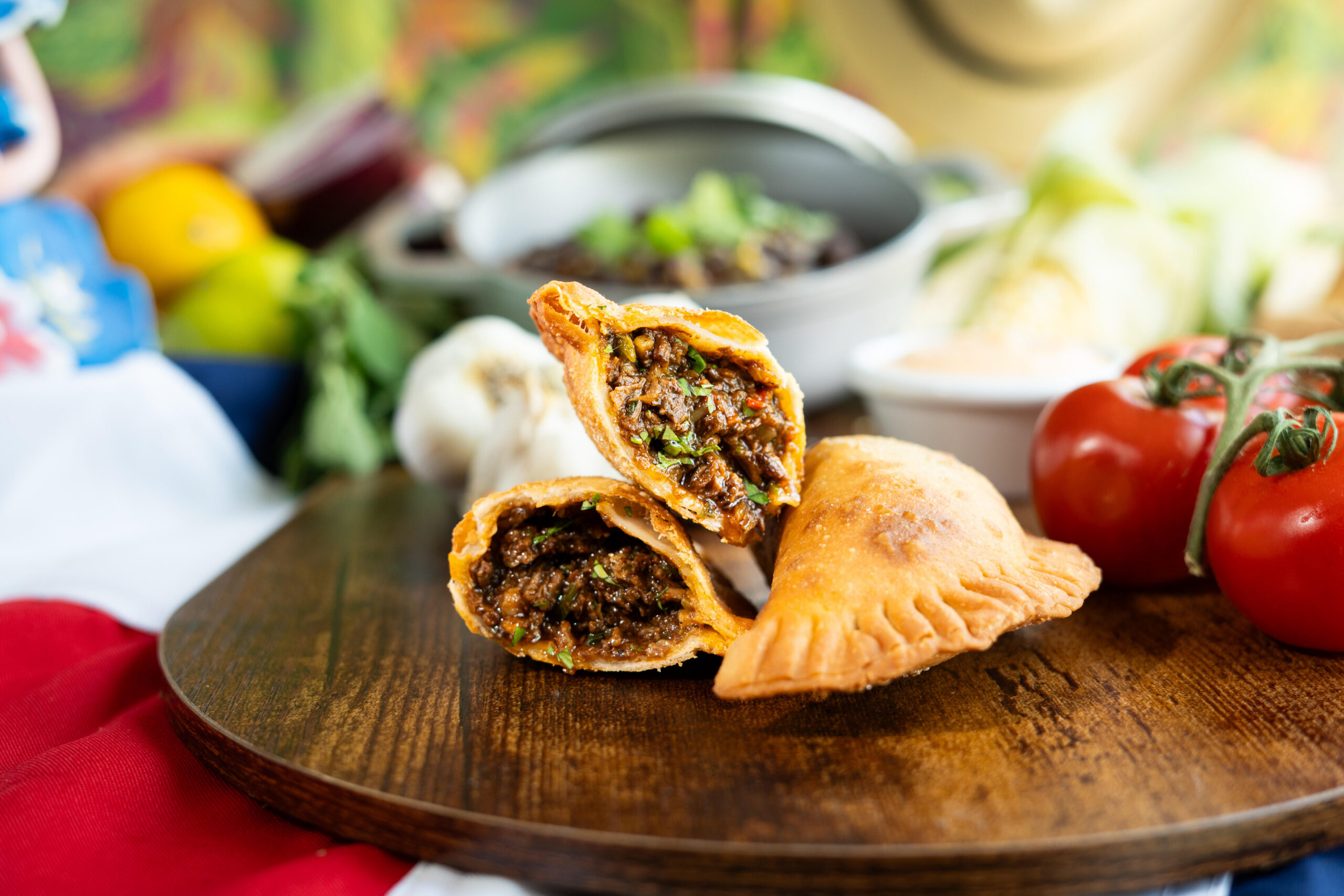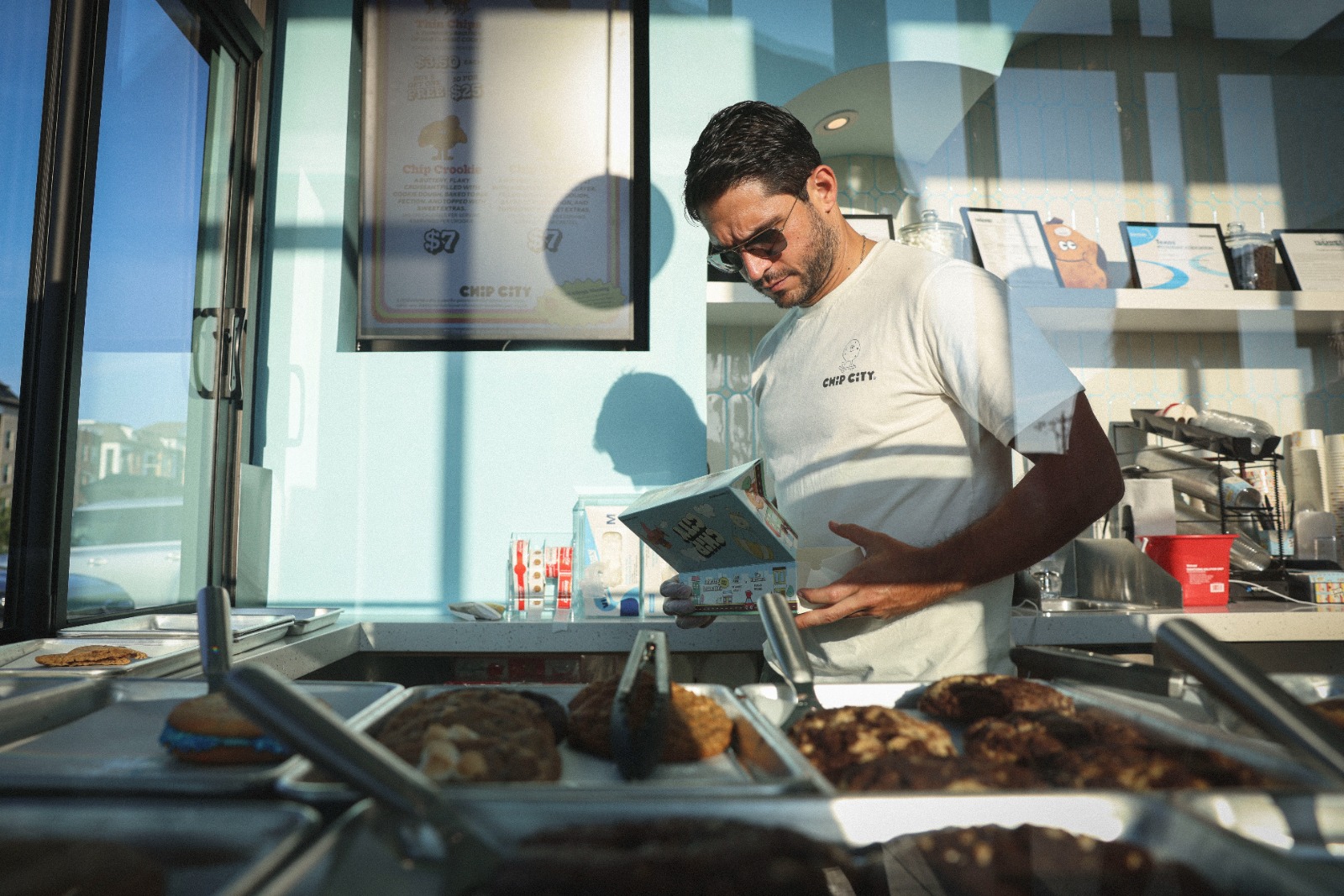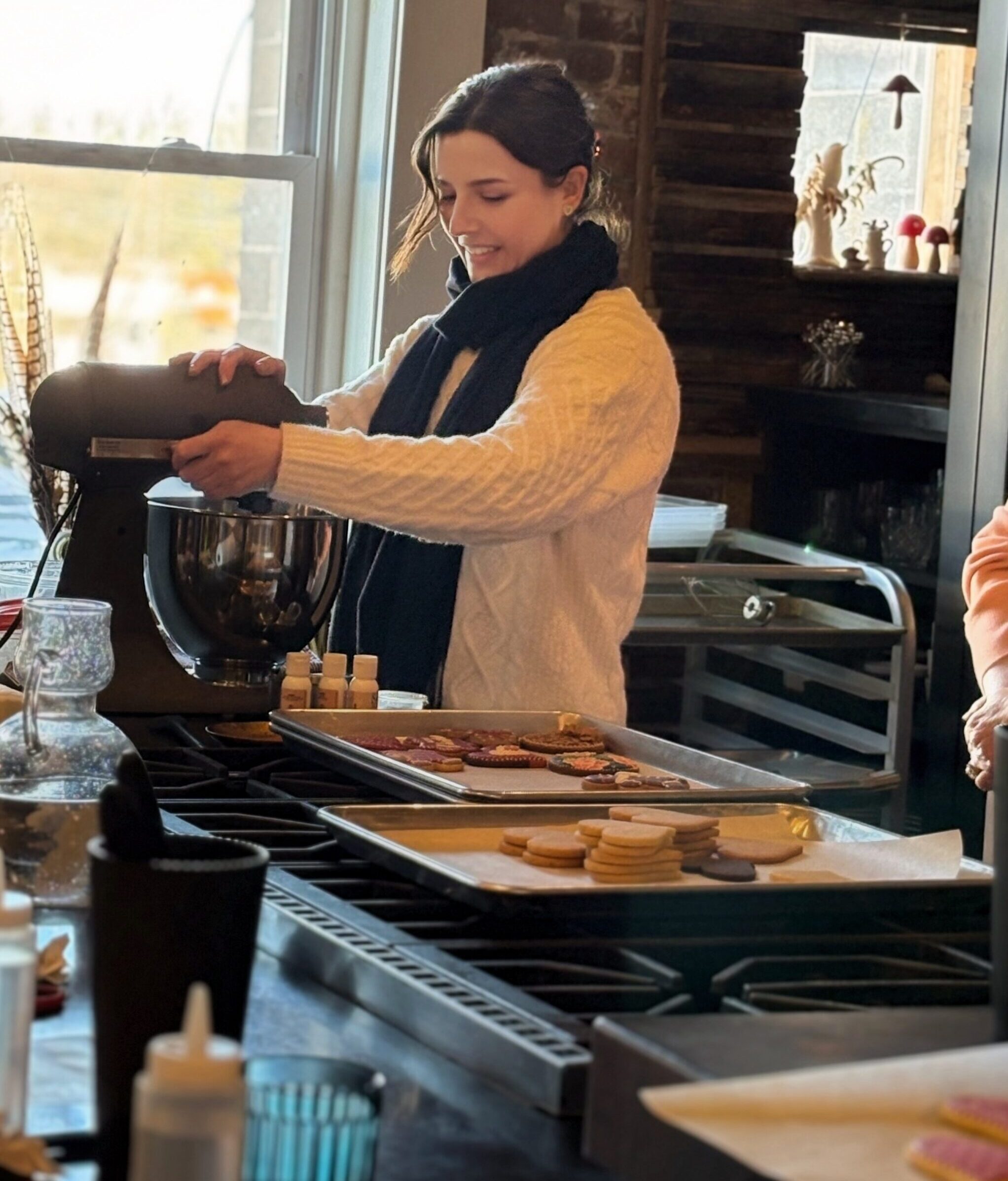
Hilary Cocalis and Paige Carpenter like to call Sipwell, their premium wine-in-a-can business, a “renegade company.”
That’s because Cocalis, who launched the Paso Robles, CA company in May 2021, is mixing things up by relying on more sustainable practices, both in the harvesting of their grapes and their packaging (their aluminum cans are infinitely recyclable).
Sipwell’s four sparkling options have out of the box names like “Go-Getter” (a sparkly red), “Rock Steady” (sparkling rosé), “Tiny Victories” (sparkling white) and “That’s the Jam Grenache” (a Grenache wine).
Cocalis, who refers to herself as the “Chef Go-Getter,” said the inspiration for operating a more sustainable wine company came from nights at home after her kids went to bed wanting “just one glass” of good sparkling wine without wasting a whole bottle.
“I worked in the beer industry before switching to wine, and in craft beer, cans are the preferred package format,” said Cocalis. “That gave me the a-ha moment that I could put a great sparkling wine in a single-serve can.”

Although she had the idea for years, she began to dedicate her time to launching the business in May of 2019 after she left her full-time job at Ballast Point Brewing Company. “We are licensed as a winery, and between all of the licensing, operational setup and actually making the wine, the start-up process took about two years,” said Cocalis. “The pandemic also slowed us down a bit, but in the end, the timing has worked out well.”
Sipwell (yes, the name refers to sipping better), uses both 100% organic and certified sustainable grape varieties grown on the Central Coast of California, which Cocalis said are “less popular but still delicious.” It also means being strict about limiting irrigation and water use and conserving resources.
“Occasionally, sustainable practices mean limiting harmful fungicides and pesticides,” explained Cocalis. “Organic farming means using no harmful chemicals whatsoever. The result is a healthier grape and healthier soil. Over time you see the effects of that in the glass (or can).”
The two – Carpenter is the brand manager who has been with Sipwell since the first canning day – believe Sipwell is a renegade in the business because their can conditioning process mimics the way Champagne and traditional sparkling wines in a bottle are made.
“Our sparkling wines go through a second fermentation in the can, which creates the bubbles,” said Cocalis. “We add Champagne yeast and a little bit of sugar into the wine as it goes into the can, and then seal the cans. The yeast eats the sugar and creates the carbonation naturally, under pressure in the can. This is similar to how Champagne and traditional sparkling wines are made in the bottle, and we are the first in wine to do this in a can.”

The finished wine has really creamy, small bubbles and is dry, she said. “It actually has zero sugar (the yeast consumes it all),” she said, further explaining how after the yeast does its thing, the remnants are called “lees,” and they stay in the can.
“They help to develop flavor over time and also help to preserve the wine.”
And then there’s that commitment to the planet. Because the cans weigh 40% less to ship than the same amount of wine in bottles, it means fewer carbon emissions when shipping. All shipping is done in 100% recyclable, plastic-free packaging (though the labels – for now until they get bigger – are made from plastic).
The two are nothing if not transparent, offering that tidbit of info about using a little plastic on their website along with a “Sip Responsibly” pledge promising their commitment to the planet, to making wine with moderation (all cans are the equivalent of 1/3 bottle, perfect for enjoying without overdoing it) and to building a more diverse, inclusive community in wine.

As a Black woman-owned company operating in a predominantly male industry, that means not only making their own mark on the wine industry, but reaching back and mentoring or partnering with other women and black owned-businesses. Their first retailers were Black women-owned wine shops SIP Wine and Bee and 1010 Wine and Events. Sipwell has also done partnerships with other Black women-owned businesses such as Maya’s Cookies and Healthy on You spice blends.
Said Cocalis: “I’ve learned so much from these women and so many others, and I’d love to pay that forward to other BIPOC women who want to become entrepreneurs as well.”
NEXT ON THE DISH








